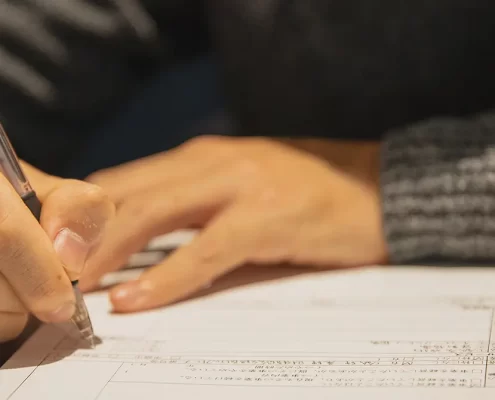
What can I do with a short certificate?
Estate Administration, Probate, Wills & EstatesWhen you obtain a short certificate for an estate, what does it empower you to do? The short certificate is the document granted by the Register of Wills in a county to the Executor of an estate. The Executor, having named and granted these…

Reaching Family Settlement Agreements in Estates
Estate Administration, Probate, PropertyWhen a family member passes away, many factors can combine to create conflict over how to resolve the estate. Oral promises made by the decedent while alive, or a confusing portion of a will, or an apparent change in circumstances since the…

Opening an Estate in Schuylkill County
Estate Administration, ProbateWhen someone you love has passed away, you’re confronted with many difficult decisions, and an estate process that can feel very complicated. If the person that you love passed away while living in Schuylkill County, here are the first three…

Avoiding Probate in Estate Planning
Probate, Wills & EstatesAs we have discussed in other articles, probate is the process of an opening of an estate and transferring ownership of assets from a deceased individual to that person’s beneficiaries. Probate can be an expensive and time-consuming process,…

What Do I Do with the Will When A Loved One Passes Away?
Estate Administration, Probate, Wills & Estates
When you experience a death in the family, the details of wrapping up the loved one’s legal affairs can seem overwhelming. One of the first questions that many people ask after the death of a loved one is, “What do I do with the Will?”
"What…

What is Probate?
Estate Administration, Probate
When a loved one passes away, the details can be overwhelming. Those left behind are suddenly confronted with a myriad of strange vocabulary to learn and figure out what to do with. One common word that you’ll begin hearing is “Probate.”…
